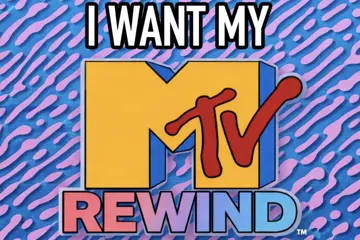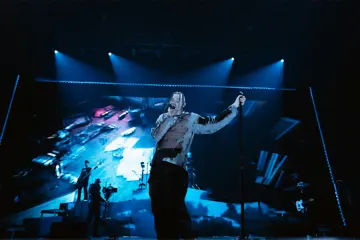Beyond the Transitions Film Festival's horrendous title – its banal euphemism making me feel like this is a collection of corporate videos given to the recently downsized – is a programming strain that holds great artistic, cinematic and humanist possibilities. The Human Rights Film Festival has quickly become one of the highlights of the local cinematic calendar, and Transitions – now in its second year – is sketching out a similar place, collecting films based around themes of sustainability, climate change and social change.
The big draw in the program is the Australian premiere of Promised Land, which comes loaded with celebrity: Gus Van Sant directing a screenplay penned by stars Matt Damon and John Krasinski, with Frances McDormand, Rosemarie DeWitt and Hal Holbrook along for the prestige-picture ride. The film is effectively the romantic Hollywood fictionalisation of all Josh Fox uncovered in Gasland; the obligatory fracking movie finding Damon as gas industry stooge arriving in picturesque small-town America, out to rent out farmland for corporate drilling. Instead, he's charmed by the righteous resistance of the locals, undergoes a crisis of conscience, and turns on his corporate overlords. It's a noble theme for a message-movie, but the picture is blithely breezy and dramatically mediocre, the natural charms of its stars making it watchable, but not meaningful.
Occupy Love comes with a fest-guest introduction from its director, wandering Canadian documentarian Velcrow Ripper, last seen on local screens with Scared Sacred, a hand-held, on-the-ground tour of Ground Zero sites the globe over. Here, he camps out with resistance movements, framing the Occupy insurrections as a love story, with that kind of wilful humanism persisting throughout. Ripper's narrative persona can sometimes come across as platitude-driven, but by simply being in these spaces his camera captures all kinds of moments of poignant humanism; and a range of interview subjects enliven discussion, especially 'degrowth' economist Charles Eisenstein, who manages to convey the current state of late-capitalist society in a succession of brilliantly-devised metaphors and images.
Who Cares? is a chronicle of 'social entrepreneurs'; individuals whose modus operandi is as rallying figure, inspiring cultural change through channels traditionally associated with corporate growth. It's a fascinating field-of-endeavour, but Mara Mourão's documentary is, at best, a well-meaning trifle; its New Agey aesthetic and TV-special delivery turning cultural radicalism into softly-lensed feelgoodism.
Don't miss a beat with our FREE daily newsletter
Elemental focuses on three specific agents of social change, and has a more classic documentary feel; the time spent on the ground with Rajendra Singh (out to restore the Ganges to a non-toxic state), Jay Harman (an engineer and entrepreneur working to create machines that can clear the atmosphere and, thus, fight global warming), and Eriel Deranger (a First Nation activist opposing the idiocy of the Alberta Tar Sands, the insane undertaking that is akin to Man The Oil Addict's shooting-up-directly-into-the-eyeball phase) making this film both powerfully political and personal.
And the Oscar-nominated Chasing Ice goes on-the-ground – or, I guess, on-the-floes – as it follows James Balog, a nature photographer whose work documenting the melting of the world's glaciers has become a prime piece of Climate Change evidence. There's lots of common themes that arise across the Transitions program – unchecked corporate power, righteous resistance, Tar Sands, the Arab Spring, Twitter, love – but Global Warming is the biggest; just as it is, undoubtedly, the biggest issue of our time.
WHAT: Transitions Film Festival
WHEN & WHERE: Friday 15 February to Saturday 23, Federation Square, ACMI and Cinema Nova















